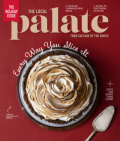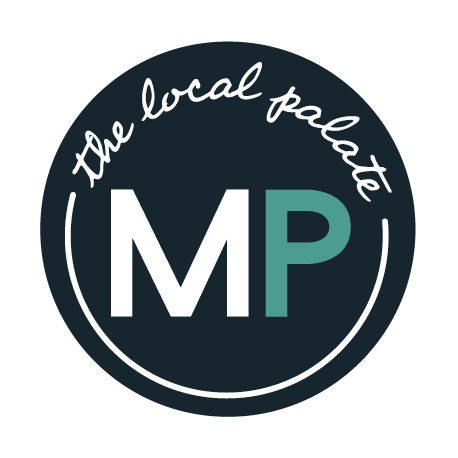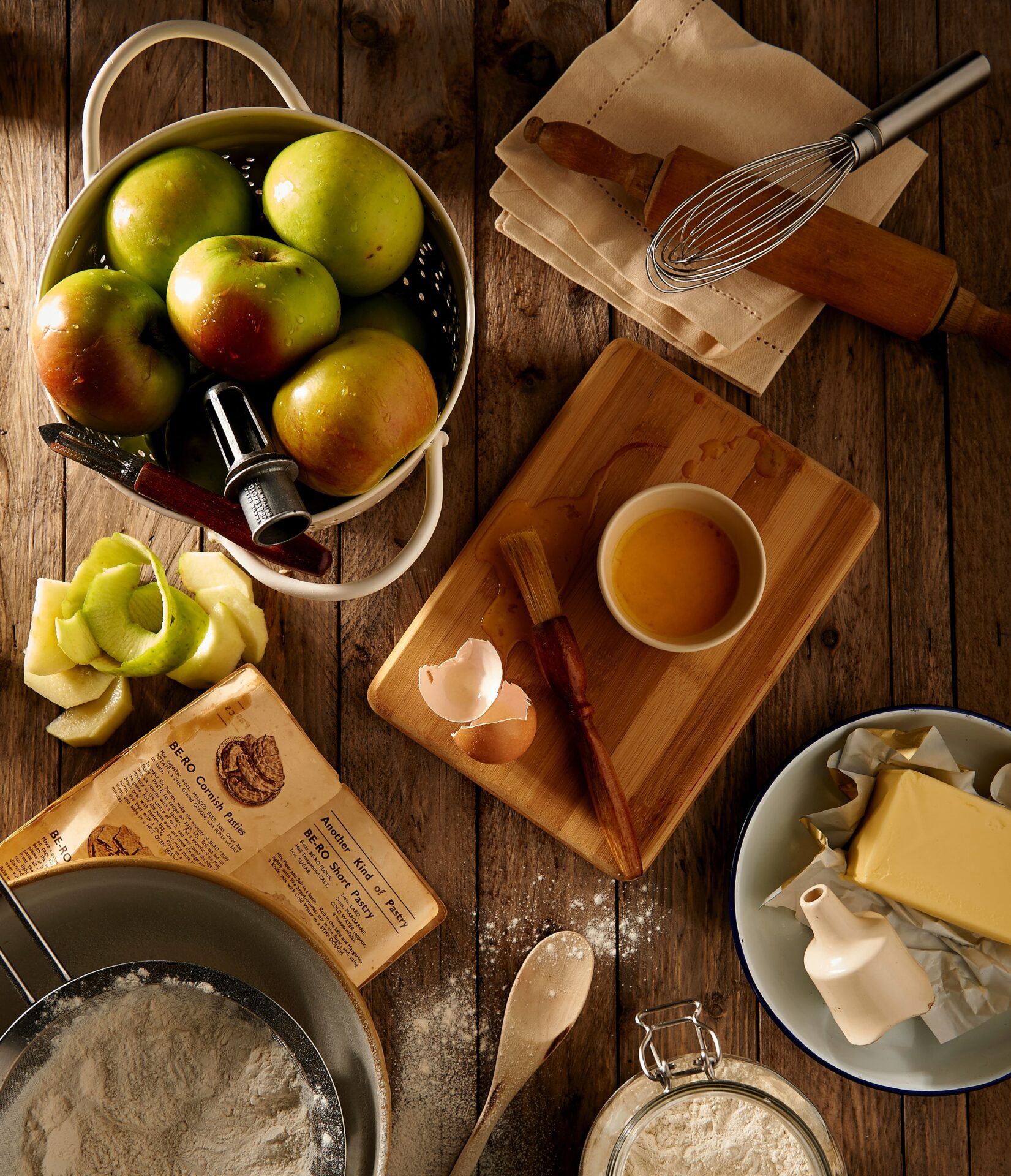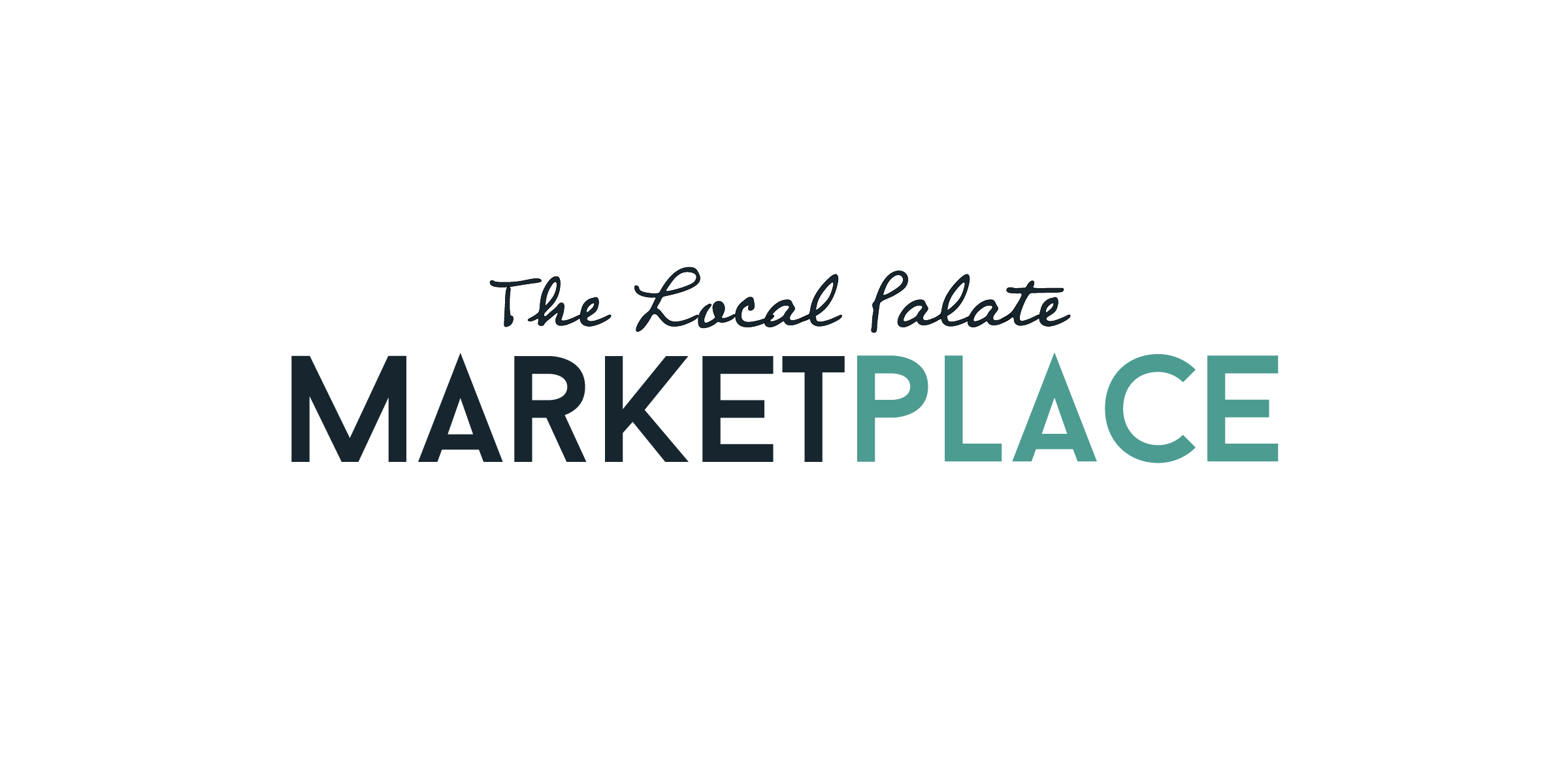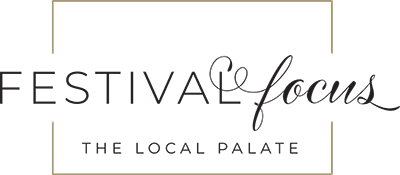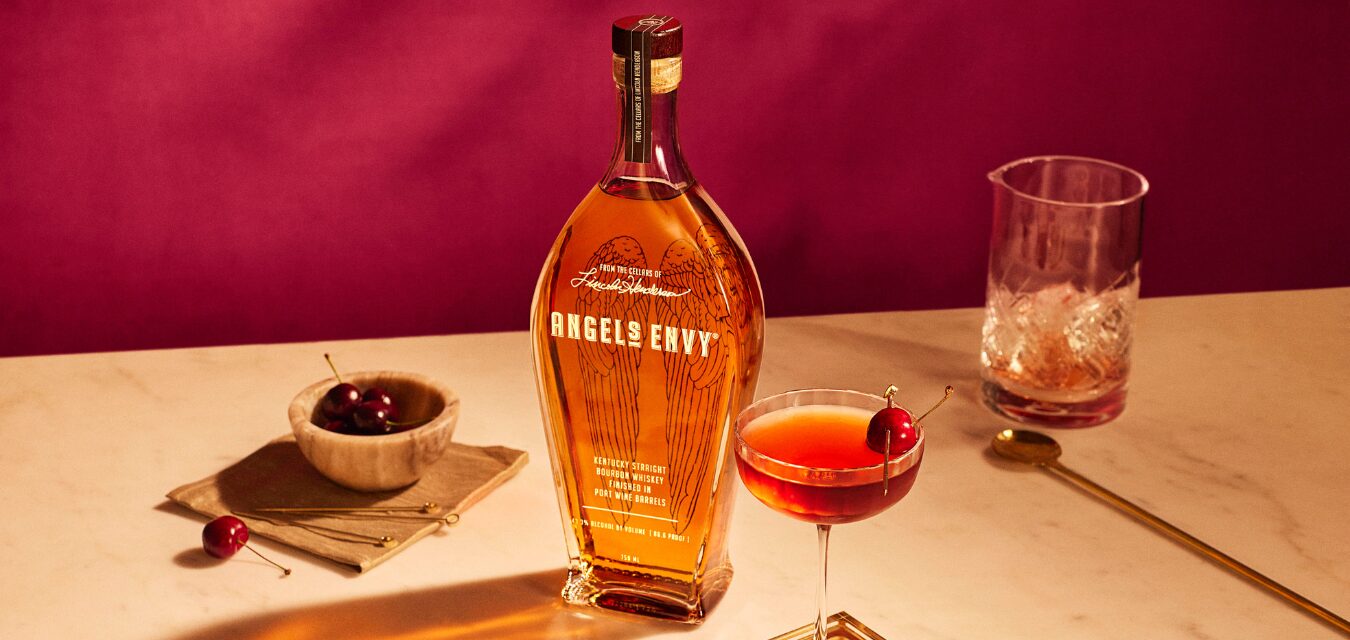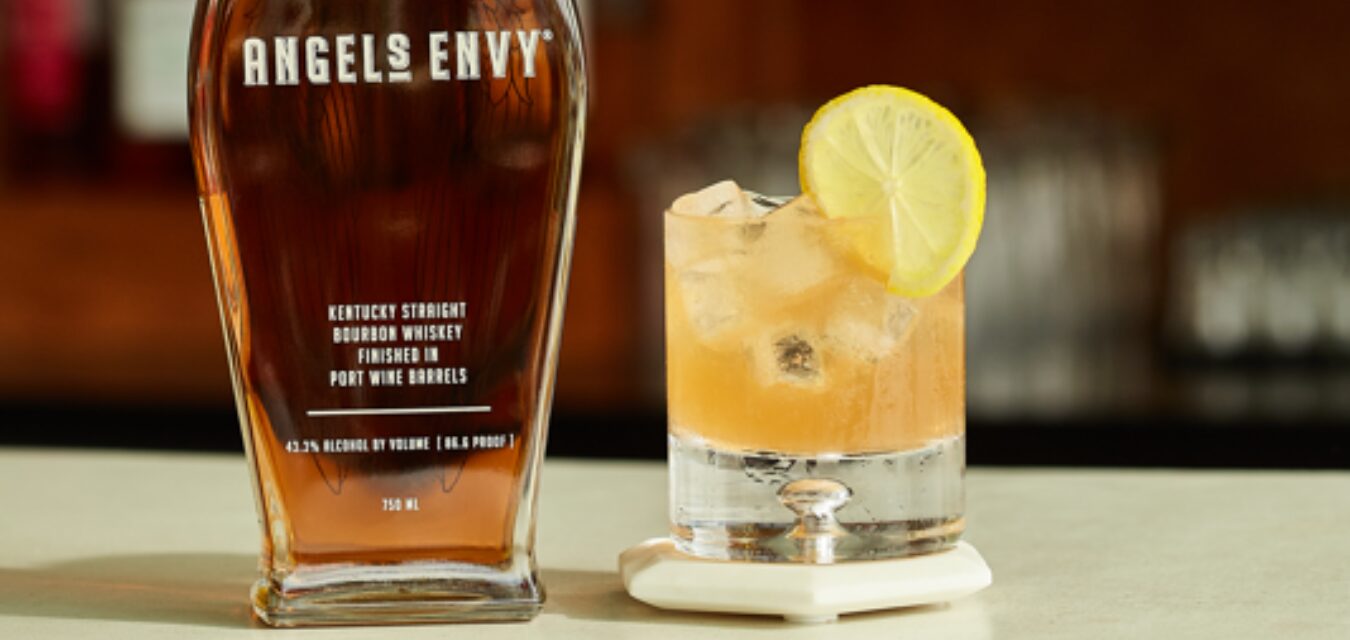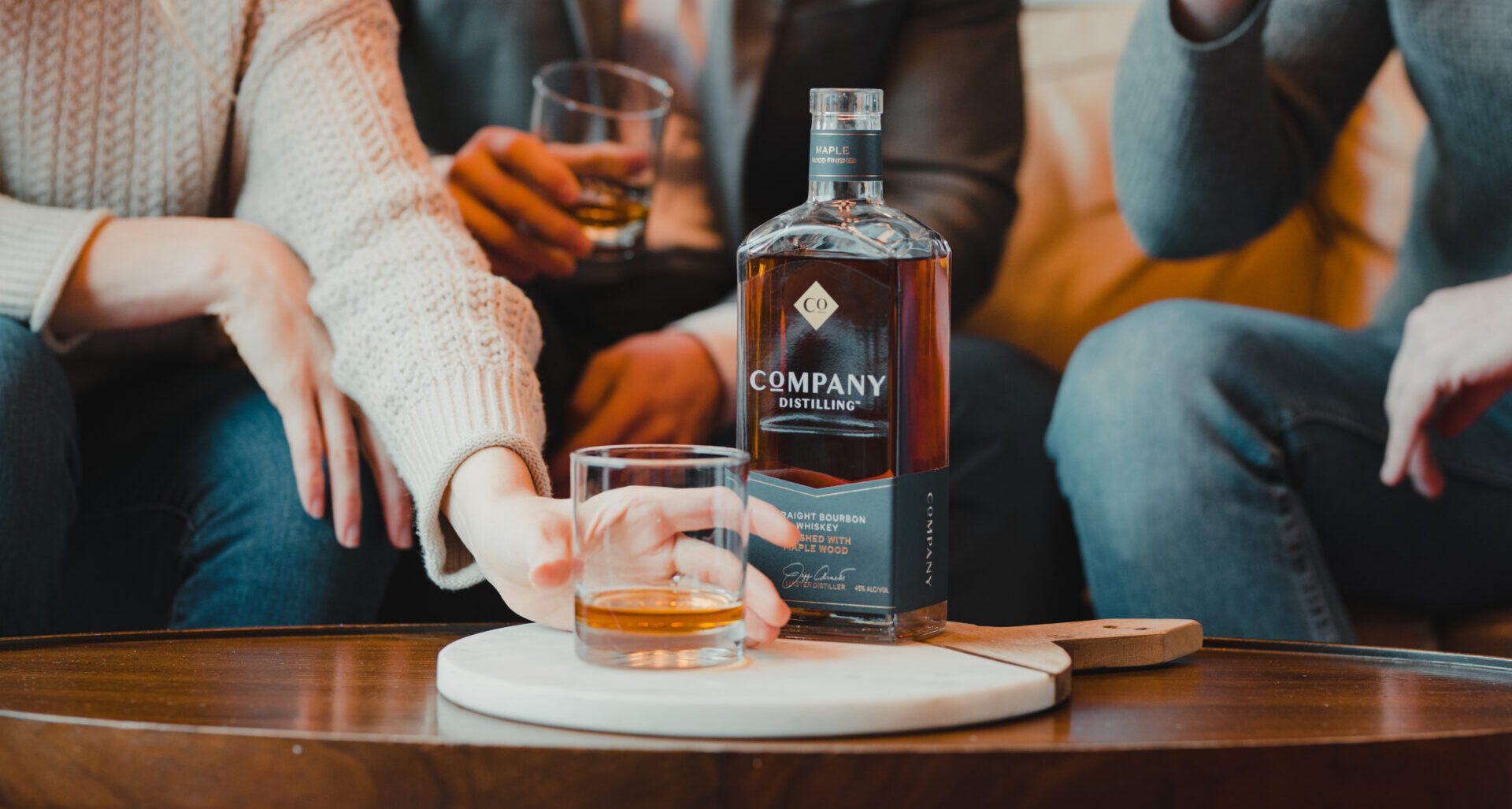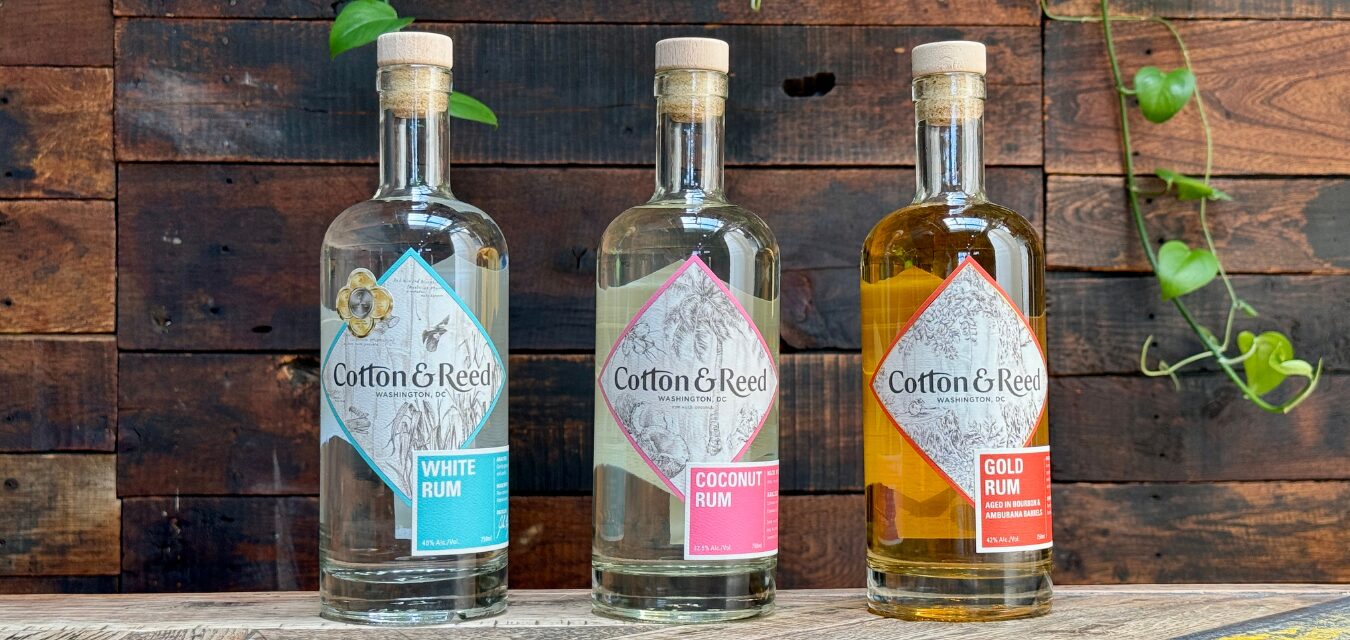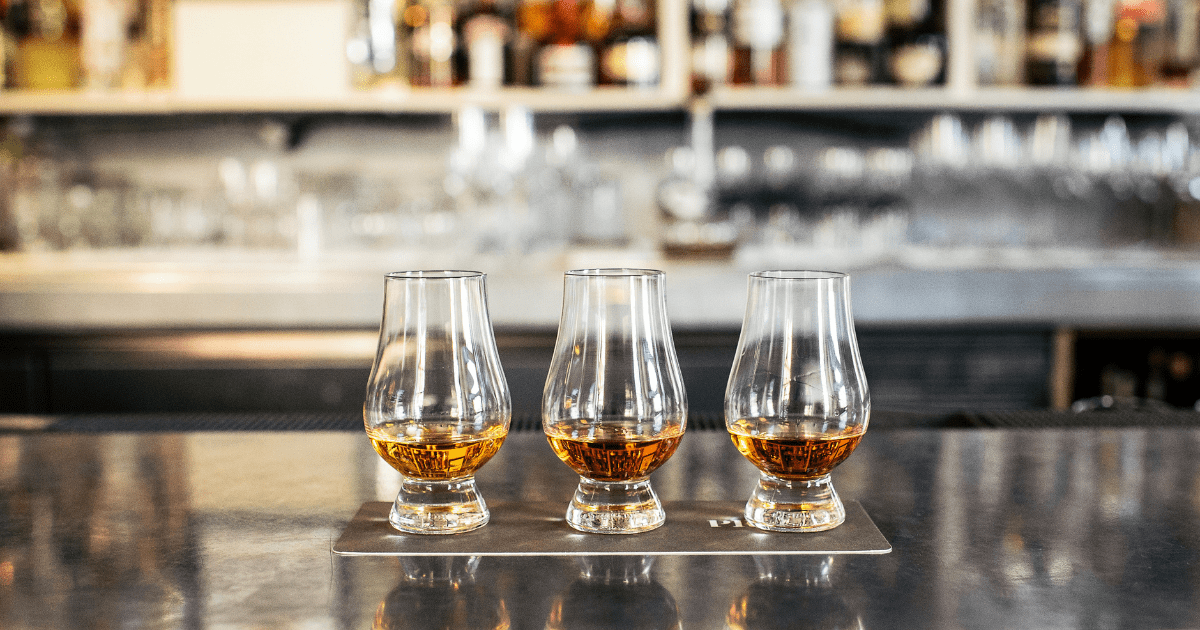Founded by bourbon-industry giant Lincoln Henderson and his son Wes Henderson, Angel’s Envy has been disrupting the bourbon industry for more than a decade—in the best way. The Local Palate connected with master distiller Owen Martin to discuss the brand’s celebrated past and how they are continuing to innovate looking toward the future.
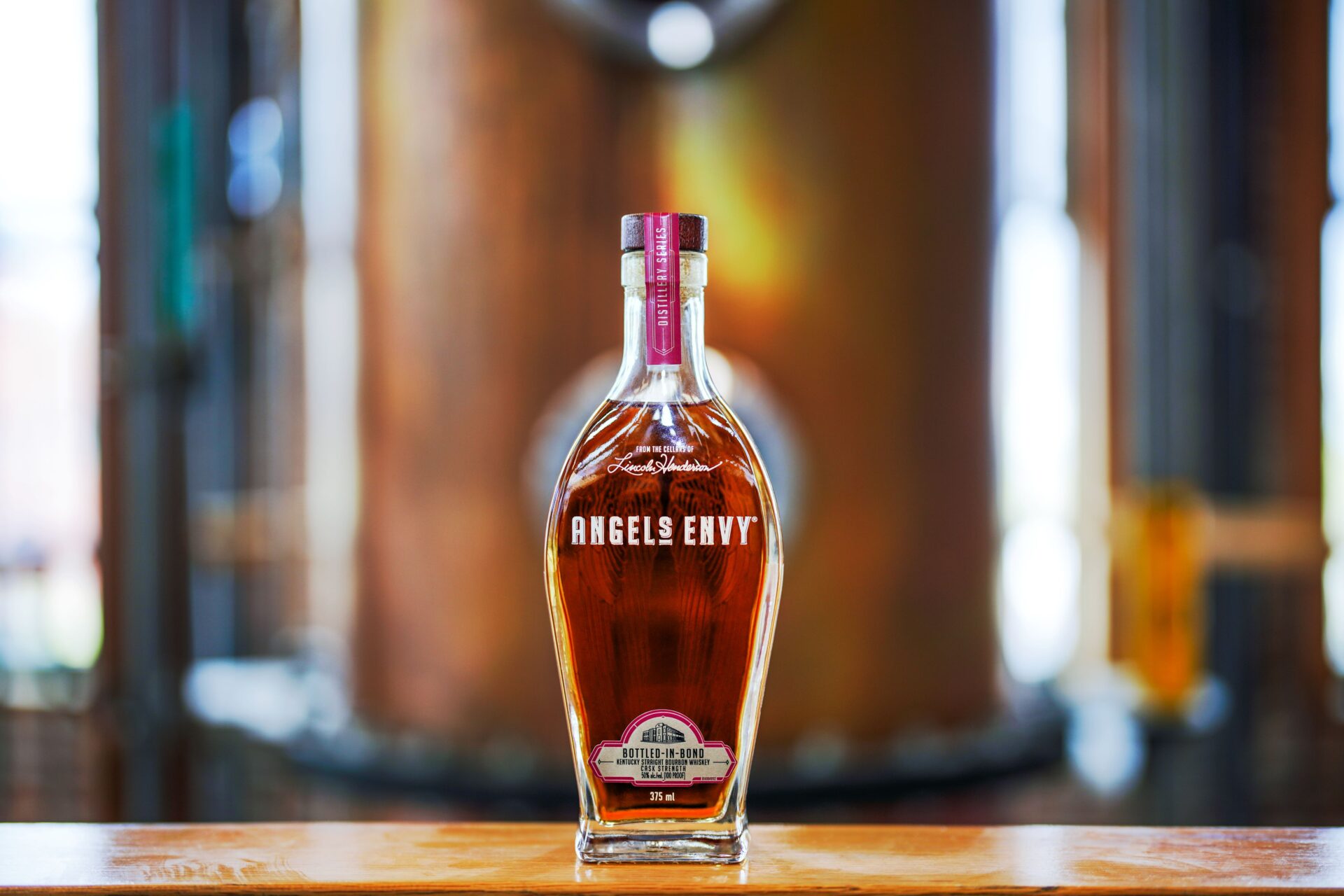
TLP: Secondary finishing is a foundational practice at Angel’s Envy—how has that changed the bourbon industry?
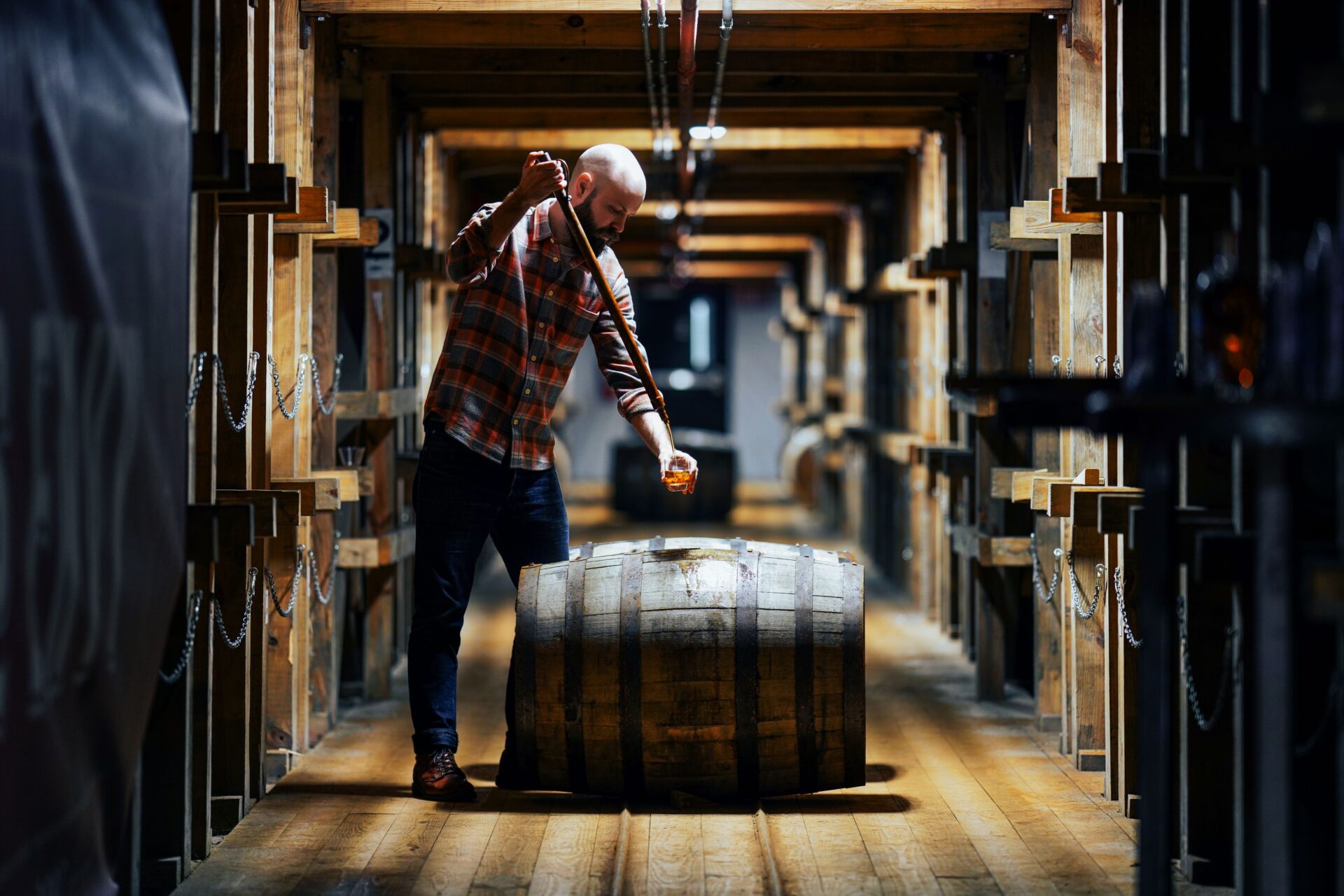
Owen Martin: The brand started in 2010, and at that time, finishing was not a well-known practice within American whiskey. Honestly, it was a very controversial thing within the bourbon industry. [It is] much more of a common practice in Scotch, Irish, and world whiskeys. So at the time that Angel’s Envy was founded, there was a decent amount of pushback. A lot of the bourbon purists were not totally on board; they found it kind of sacrilegious. But in the interim, 14 years, a lot of those people have their own finished bourbons now. So Angel’s Envy definitely pioneered it within the bourbon space, but it has since gained recognition, gained a common practice among almost every large distillery at this point. But at the time that we did it, it was really pushing the envelope.
TLP: How did you end up with Angel’s Envy?
Owen Martin: I have a pretty long and wandering career. I originally got into beer because I was disillusioned with my engineering degree. I came upon a school in Scotland called Heriot-Watt University, and it offered a master’s degree in brewing and distilling science, one that you had to have a technical undergraduate to apply to. It really felt like the stars had aligned.
To learn how to make single malt, the first step is to learn how to make beer. I remember a very clear moment like, I think I want to change over to making whiskey now.
I moved straight from Scotland to Arkansas and made bourbon at a small place [there] for two years. And because it was small, I wore pretty much every hat in the whole place. [Then] we moved to Denver and I got a job at a place called Stranahan’s, which is a single malt distillery, making more of a Scotch-style whisky, which I had been trained in. I was there for about seven years and worked my way up the line from night distiller to managing fermentation to managing new products to eventually being the head distiller and production manager. By the end of my time there, I was acting as the blender of the company. I was exploring a wide variety of finishing casks when it came to small batch releases. And so even though I was making a different type of whiskey, as opposed to bourbon and rye, like I make here, I have a large amount of experience and scope of breadth in finishing casks and how they behave in different scenarios. I’ll be two years with the company in October.
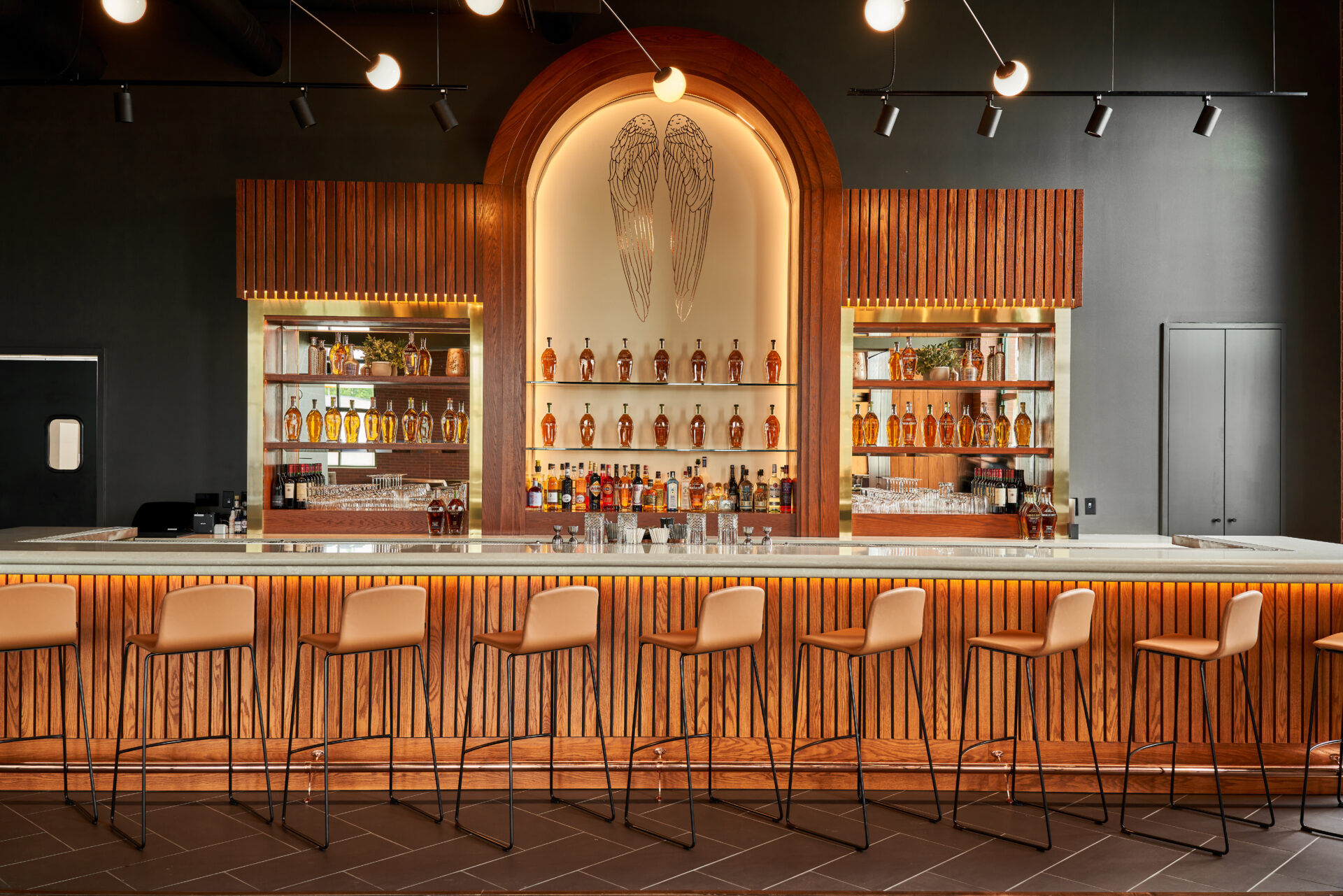
TLP: Angel’s Envy’s signature products are finished whiskey, but this year the company released its first unfinished whiskey as a distillery exclusive. What’s the inspiration behind that?
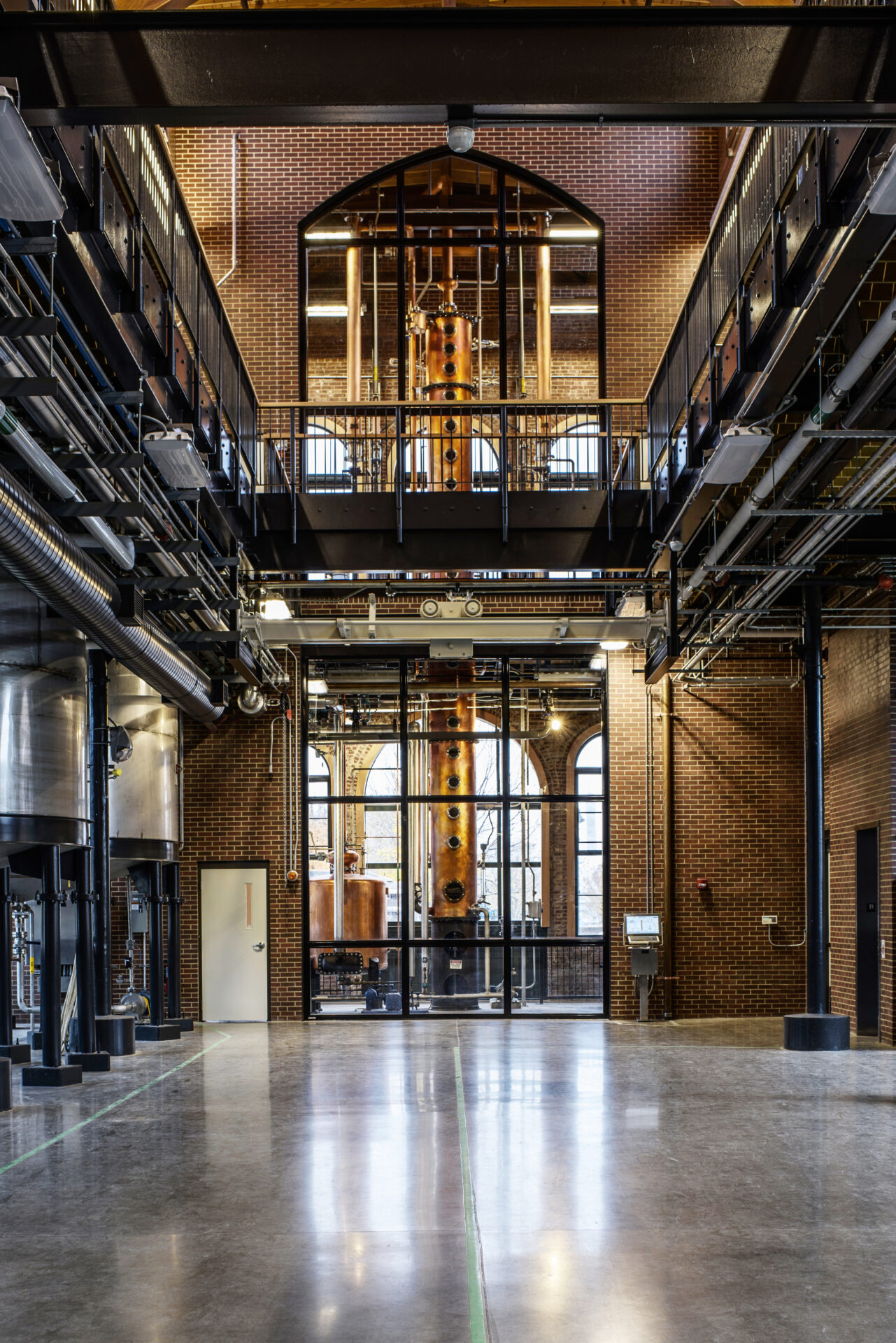
Owen Martin: The port-finished bourbon and the rum-finished rye are the two flagship products. We’ve had a pretty small and nimble portfolio up to now. In my mind, if Angel’s Envy was founded doing something completely different than everybody else in the bourbon industry, where can we innovate, doing something completely different than what we’ve done? That was the idea behind doing a bottled in bond whiskey, which by law cannot be finished. It’s this regulation from 1897 that basically disallows finishing—because there can’t be any added flavors or colors, it has to be a minimum four years, has to be exactly 100 proof, can only be made by one distillery during one distillery season. It’s as historic as it gets within the bourbon industry—before bourbon actually even had a formal definition in the US.
And then on the other end, cask strength—that just means straight out of the barrel, no water added—is as popular as it’s ever been right now. To my knowledge, it’s the first time a bottled in bond has ever been done at cask strength. It was a really crazy blending exercise, where we took 29 barrels and blended to hit exactly 100 proof without adding a drop of water. That way we were still being innovative, combining ideas, pushing the envelope, but in a way that felt true to us.
Bottled in bond is not really a category that’s meant to be innovative. It’s a category that’s meant to deliver a set spectrum of flavors. And so for us to be able to innovate in a space that’s really not meant for innovation also struck me as a particularly Angel’s Envy thing.
TLP: What does the future hold for the distillery?
Owen Martin: A lot of what I did from day one was set up what our future innovations and future product lines would look like. So at the end of my first year with the company, we did our first ever rye cask strength release, which was really well received. The bottled in bond was also our first ever distillery exclusive. Most of the work is still maturing or finishing or getting ready. I would expect more varied releases, more frequent releases, ones that are kind of surprising to people—and hopefully that feel natural and authentic. One of my goals in innovation is to keep people surprised.
On October 1, the distillery will release Angel’s Envy Triple Oak, the third product in their Signature Series and the first in more than a decade. The blended whiskey offers an oak finish derived three different types of barrels. Purchase online or at the distillery.
Angel’s Envy Cocktails To Make At Home
Ruby Manhattan
Tap a Tree
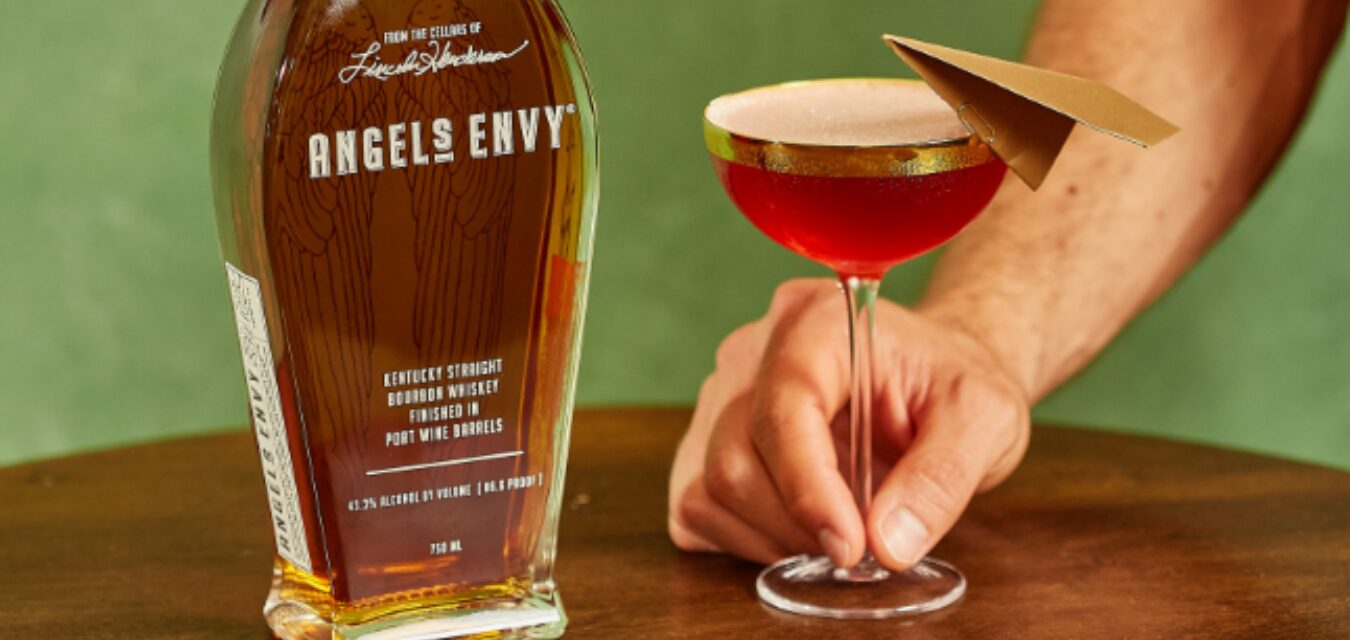
Paper Plane
Keep Reading
In the Spirit
In the Spirit: Company Distilling
See how Company Distilling has built a bottle and building for people to gather around.
In the Spirit
In the Spirit: Cotton & Reed | Listen
TLP sat down withJohn Hayes and Britt Fox to hear about their process, inspiration, and how Cotton & Reed gained notoriety in Washington, DC.
In the Spirit
In the Spirit: Nelson Brothers
TLP dives into the history of the Nashville-based Nelson’s Greenbrier Distillery and discusses its newest label of premier bourbons with the Nelson Brothers.
share
trending content
-
In the Spirit: Cathead Distillery
-
In the Spirit: Ego Tequila
by Hannah Lee Leidy -
In the Spirit: Company Distilling
by Erin Byers Murray -
In the Spirit: Tears of Llorona
by Hannah Lee Leidy
